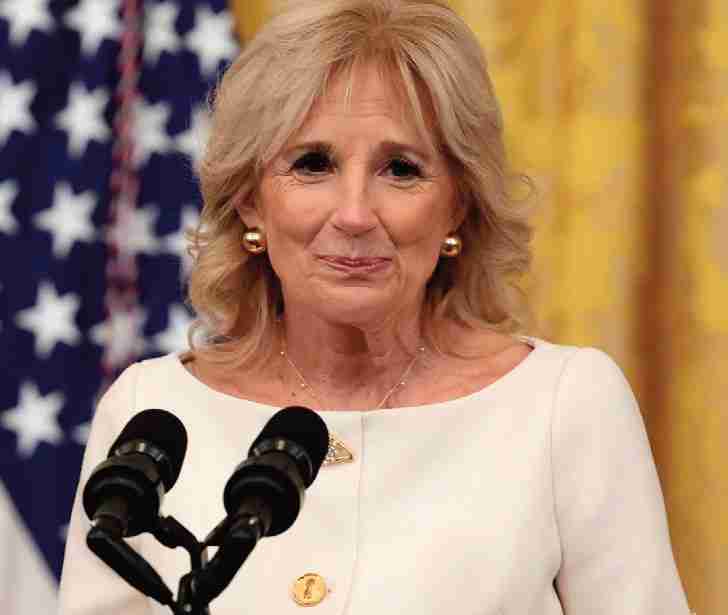WASHINGTON (AP) – Now the hard part. Barack Obama essentially came out of nowhere, beat the Democratic establishment, conquered doubts about his experience and overcame questions about his race to be elected the first black president after a grueling campaign that lasted nearly two years.
As president-elect, he faces three immediate challenges: confronting the worst economic conditions since the Great Depression, determining the next steps in two lingering wars, and leading his
Democrats, including liberals expecting that the change he promises will come instantly. It won’t.
On the heels of a campaign in which cash wasn’t a concern, Obama must tackle all of those tasks
with no room in the budget as the nation heads for a painful, perhaps long-lasting, recession.
No new president has faced so much since Franklin Delano Roosevelt – and even he didn’t have two wars on his plate.
Roosevelt had four months to come up with programs to address the Great Depression before he took office on March 4, 1933.
Obama gets just 2 1/2 to put together his government; inauguration is Jan. 20.
He will chart the country’s course against this dreary backdrop: Unemployment is at 6.1 percent and predicted to rise as high as 7.5 percent next year; pessimistic consumers have curtailed borrowing and spending; home foreclosures are rampant; Medicare, Medicaid and Social Security face huge financial problems; and, 152,000 U.S. troops are in Iraq more than five years after the initial invasion, while 32,000 are in Afghanistan in the sixth year of the war against terrorism.
With Democrats expanding their majorities in both the House and Senate, Obama will have to figure out how to lead a country that’s more conservative than liberal while trying to satisfy the left wing of his party. He will face demands for a quick withdrawal from Iraq. He’s promised withdrawal, but carefully.
From the outset, how Obama acts to deal with these conditions will set the tone for his presidency.
Voters got an early glimpse of his style last month when Wall Street collapsed, stocks fluctuated and the government intervened. He struck a cautious stance and deferred to lawmakers dealing directly with the problems. He was deliberative and careful in his response – perhaps just the approach voters were seeking after eight years of what critics call President Bush’s cowboy approach.
Yet, Obama may be blamed for recession woes despite the fact that he inherited the mess from Bush. The troubles are on Obama’s watch now even if there’s little he can do about them. The president in power always suffers when the economy tanks. Just ask the first President Bush in 1992.
Indeed, coming in with a big victory doesn’t guarantee success.
Democrat Lyndon B. Johnson won with 61 percent of the vote in 1964. He won his Great Society programs in his first two years but his administration essentially collapsed in the final two with the escalation of the Vietnam War.
In choosing Obama as the 44th president, the nation took a historic leap beyond its legacy of slavery and toward healing racial tensions just four decades after the tumultuous Civil Rights movement.
Politically, Obama’s election amounted to a wholesale rejection of the status quo after eight years of Bush and Republican rule.
Voters were willing to take a chance on a relative newcomer to the national stage. Obama is a 47-year-old black man from Chicago with a liberal voting record who is in just his first Senate term and has offered few specifics on how he would govern.
Culturally, Obama’s victory was so much more for a nation on the verge of becoming a true melting pot; government estimates say white people will no longer make up a majority of Americans by 2042.
The son of a black father from Kenya and a white mother from Kansas, Obama’s call for change created a movement at a time of great upheaval in the country. And, that proved to be a large enough force to overcome lingering prejudices.
To be sure, the economy proved a powerful motivator.
Preliminary exit poll results showed that six in 10 voters named it as their top issue, far more than other problems named including Iraq and terrorism. Obama was leading among this group. And, nearly all voters – nine in 10 – said the economy was in bad shape and said they were worried about the economy’s direction. Obama had the advantage among these voters, too.
Four in 10 said their family financial status was worse than four years ago – the highest number to report that in a presidential race since at least 1992. Nearly three quarters of this group voted for Obama.
Race didn’t appear to be much of a hurdle.
Nearly one in 10 whites said race was an important factor in selecting a candidate, though only a tiny fraction said it was the most important factor. In both groups, about six in 10 were voting for McCain.
Obama won nearly half of the white vote while nearly all blacks and two in three Hispanics supported him.
Although Obama played down his skin color, it played a part in his general election strategy.
Minorities, as well as youth, were identified early on as a key demographic to register and court.
It appeared to work.
Obama was the overwhelming choice of the one in 10 voters who went to the polls for their first time Tuesday. One in five of the new voters was black, almost twice the proportion of blacks among voters overall. Another one in five of the new voters was Hispanic. About two-thirds of them were under 30 years old.
All – whites, blacks, women, Hispanics, young people, Democrats, Republicans and independents – will have high expectations for Obama’s presidency.
EDITOR’S NOTE
Liz Sidoti covers the presidential campaign for The Associated Press and has covered national politics since 2003.












No Comment